In 2007 at our conference, How Was It For Us?, we asked what happened to theatre in the Blair years. Now we ask what's changed under the coalition - for better or worse. In this day conference, organised by the British Theatre Consortium and hosted by the MA in Dramatic Writing at Central St Martin’s, a group of leading theatremakers and thinkers will reflect on the fortunes of British Theatre since the 2010 General Election. The arts have been subjected to substantial cuts in funding; newspapers have been firing theatre critics; evidence suggests that the arts are being drained from the school curriculum; concerns continue to be raised about theatre’s diversity, in the audience and onstage. And yet, there are success stories; audiences have held up strongly; the percentage of new work is higher than it’s been for a century; there seems no diminution of the quality of new plays, great productions, and extraordinary performances. Is this all against the odds? Or has the theatre found new purpose and power in the age of austerity?
Speakers include Adjoa Andoh (actor), Kate Bassett (critic), Suzanne Bell (Royal Exchange), David Brownlee (UK Theatre), Chris Campbell (Royal Court), Giles Croft (Nottingham Playhouse), David Edgar (playwright), David Eldridge (playwright), Chris Goode (performance maker), Christopher Gordon (Rebalancing our Cultural Capital), David Greig (playwright), Sarah Grochala (playwright), Fin Kennedy (Tamasha), Lucy Kerbel (Tonic), Phyllida Lloyd (director), Chris Megson (Royal Holloway), Elizabeth Newman (Bolton Octagon), Mimi Poskitt (Look Left Look Right), Dan Rebellato (playwright, Royal Holloway), Joe Sumsion (Dukes, Lancaster), Laura Wade (playwright), Sam West (actor), Erica Whyman (RSC), Julie Wilkinson (playwright, MMU), Roy Williams (playwright), Jane Woddis (theatre researcher).
Doors will open at 9.30am for 10.00am start. Refreshments will be provided. Tickets can be booked below:
The Writers Guild has kindly subsidised a limited number of tickets for its own members; these can be booked below:
This conference is organised by the British Theatre Consortium, hosted by the MA in Dramatic Writing at Central St Martin’s, and kindly supported by the Writers Guild.
Photograph © Tristram Kenton.


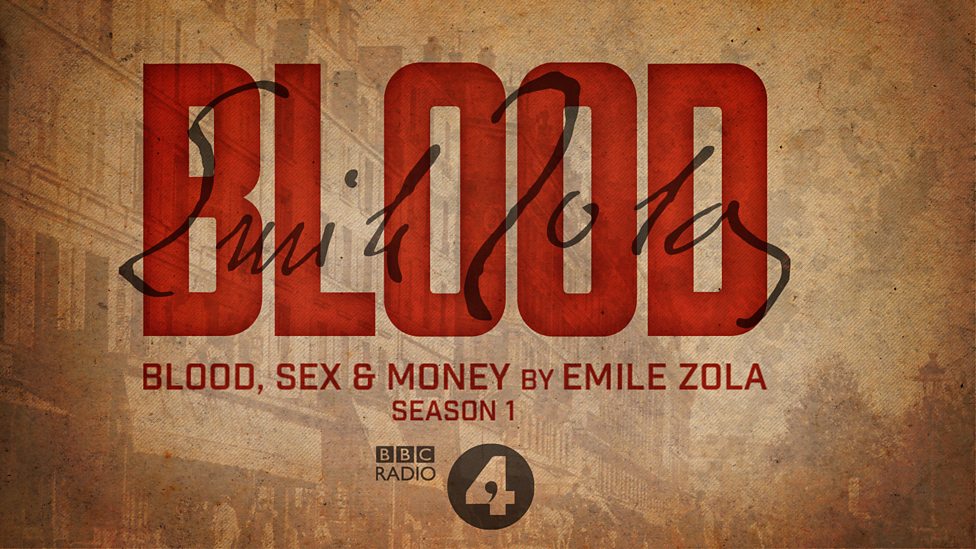
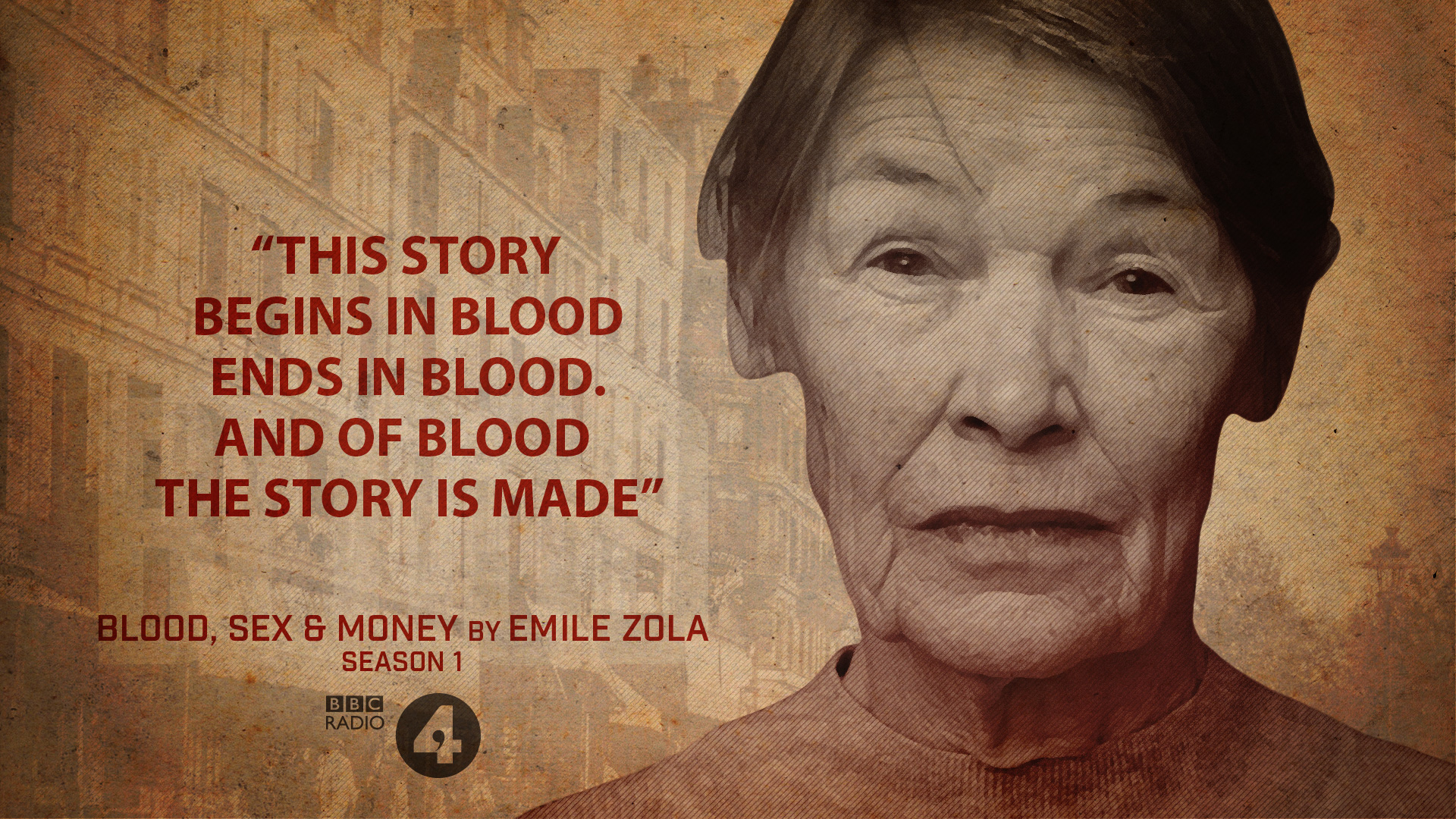

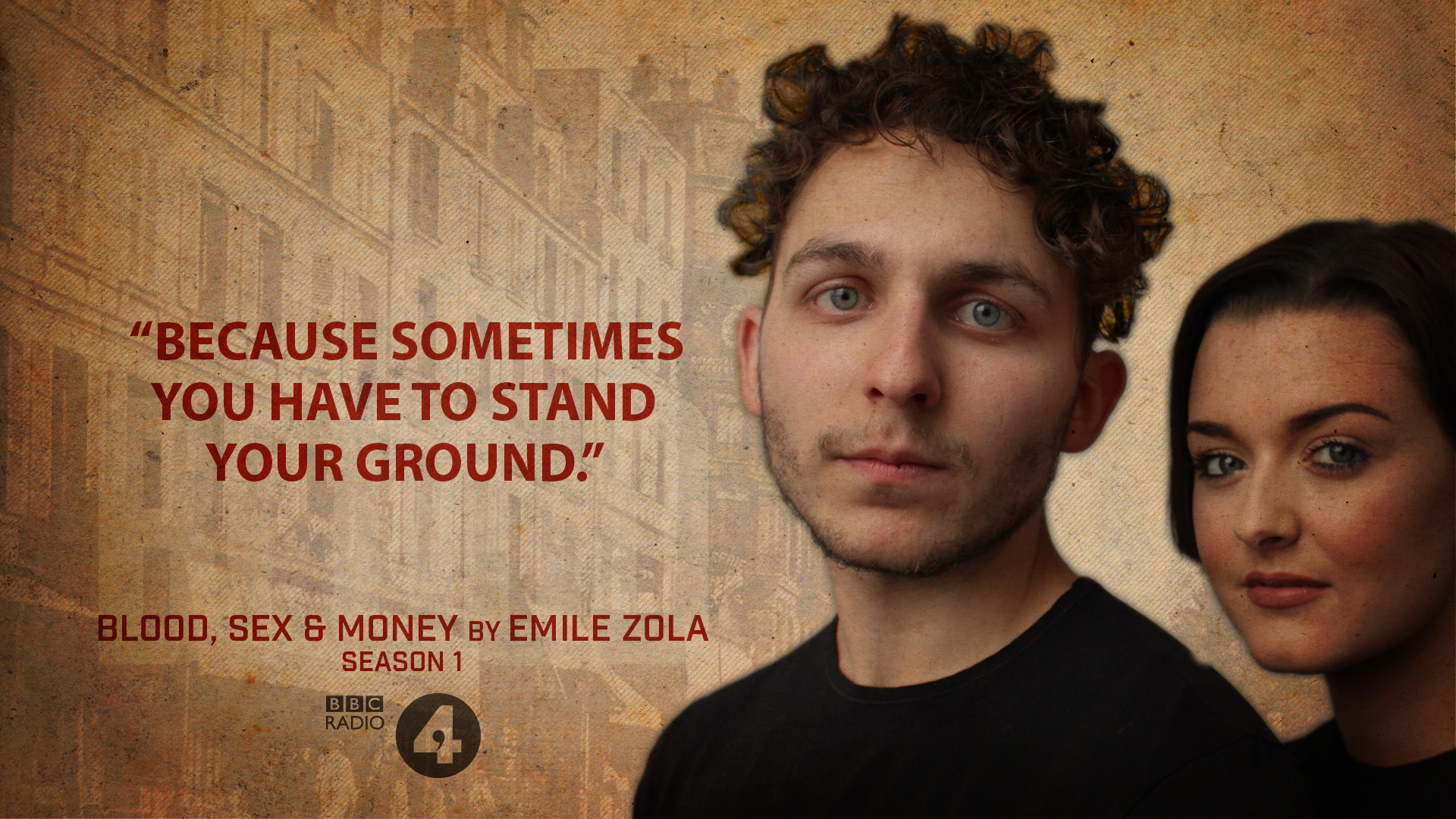
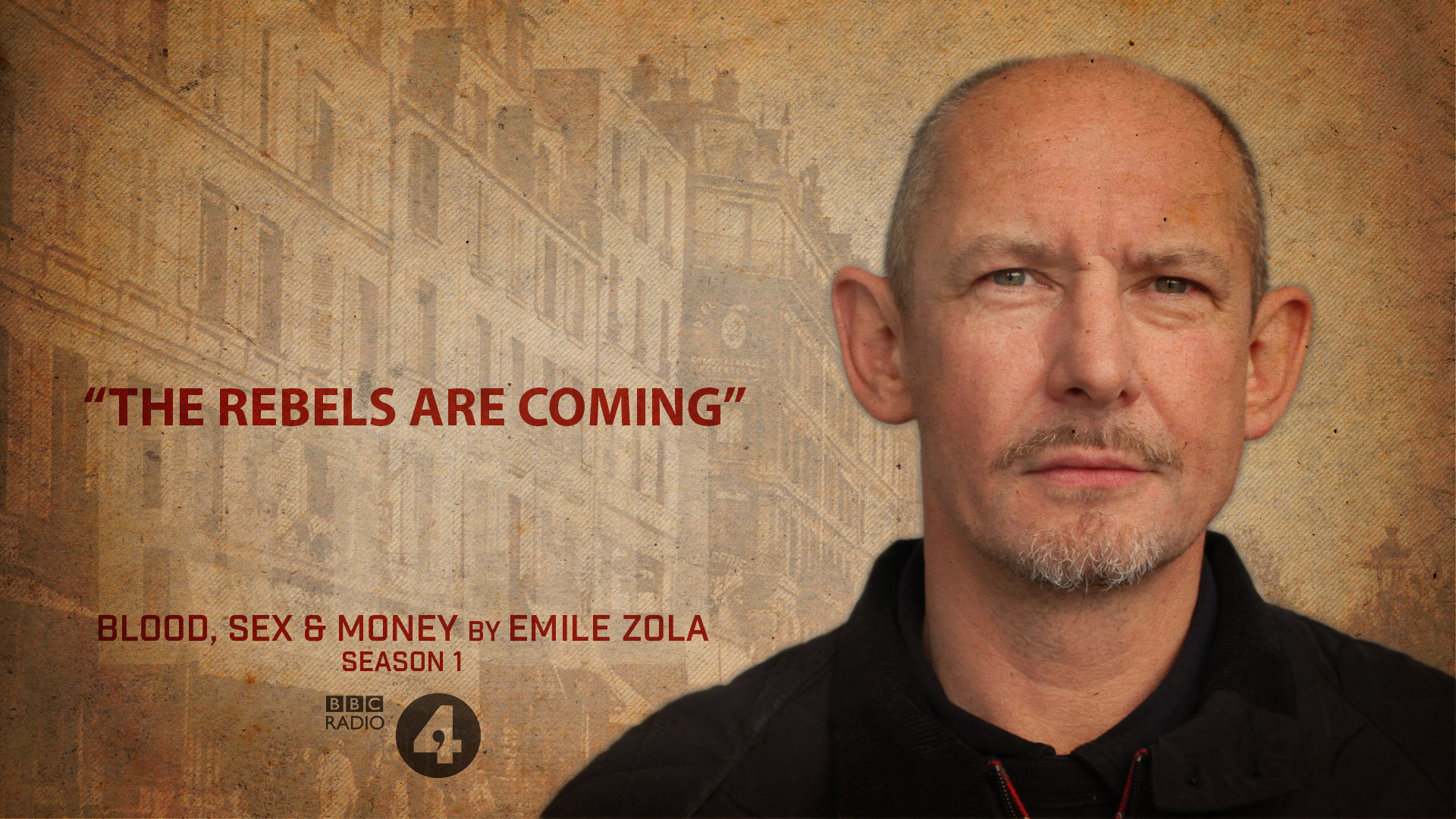
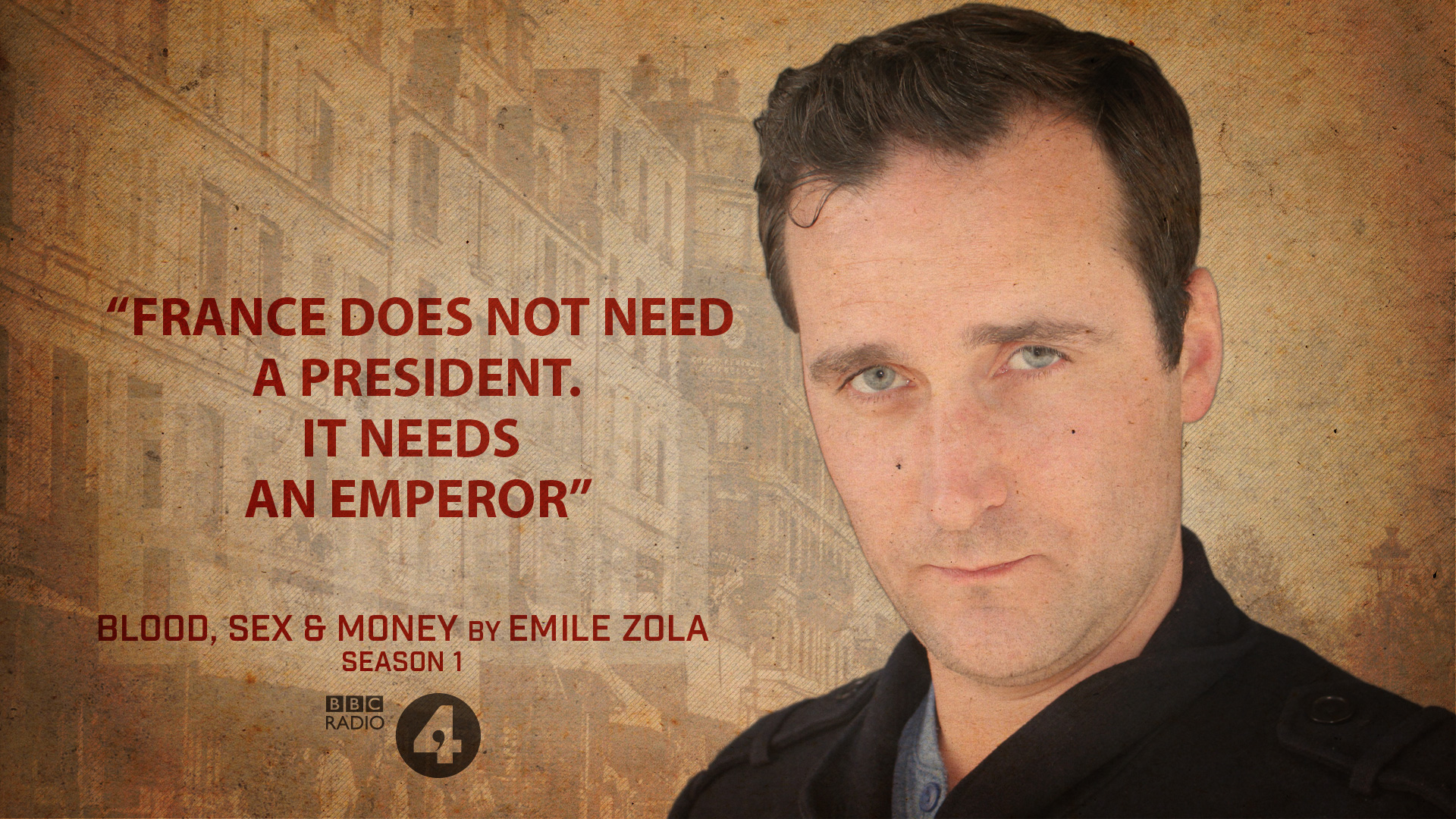
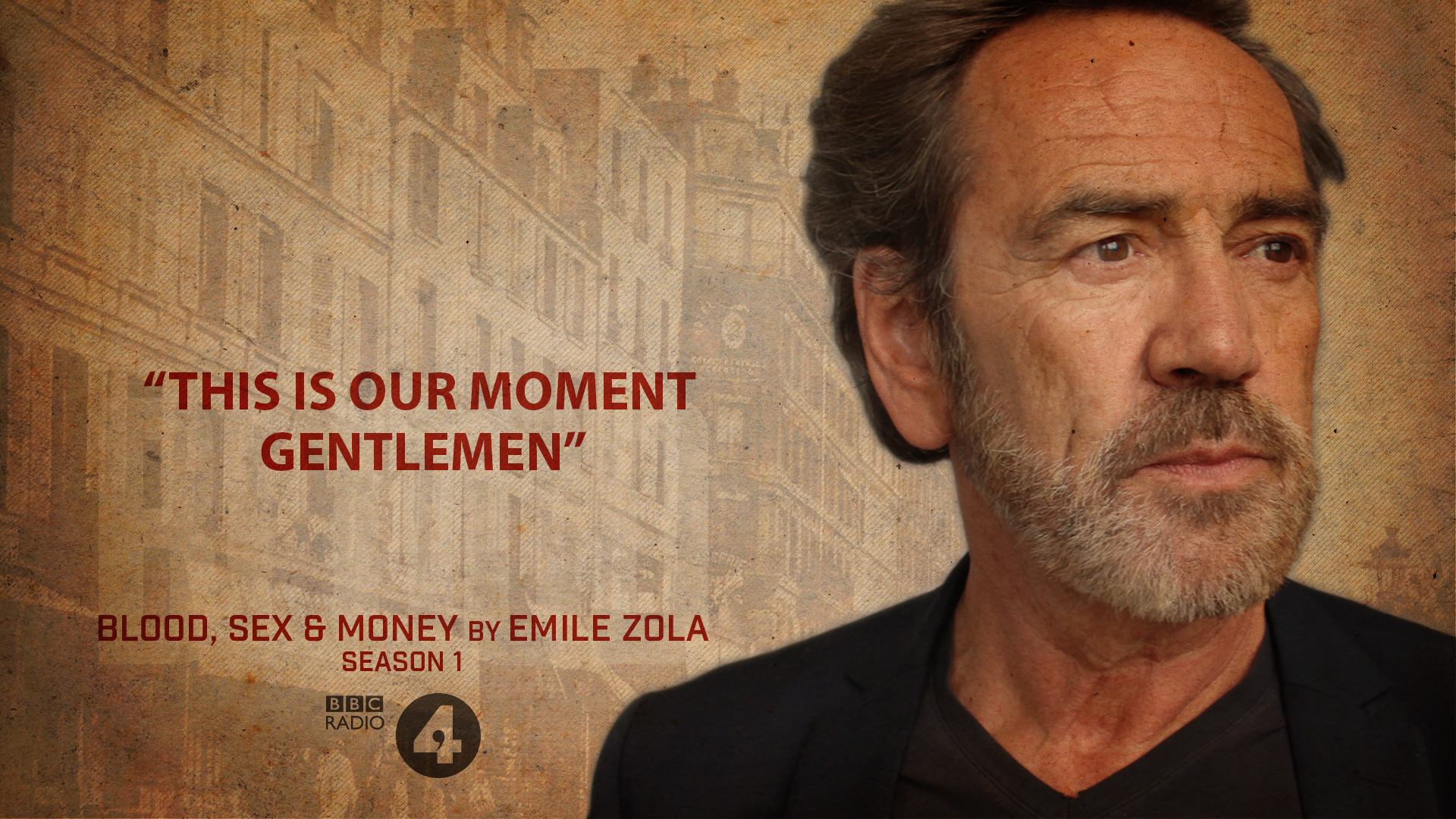

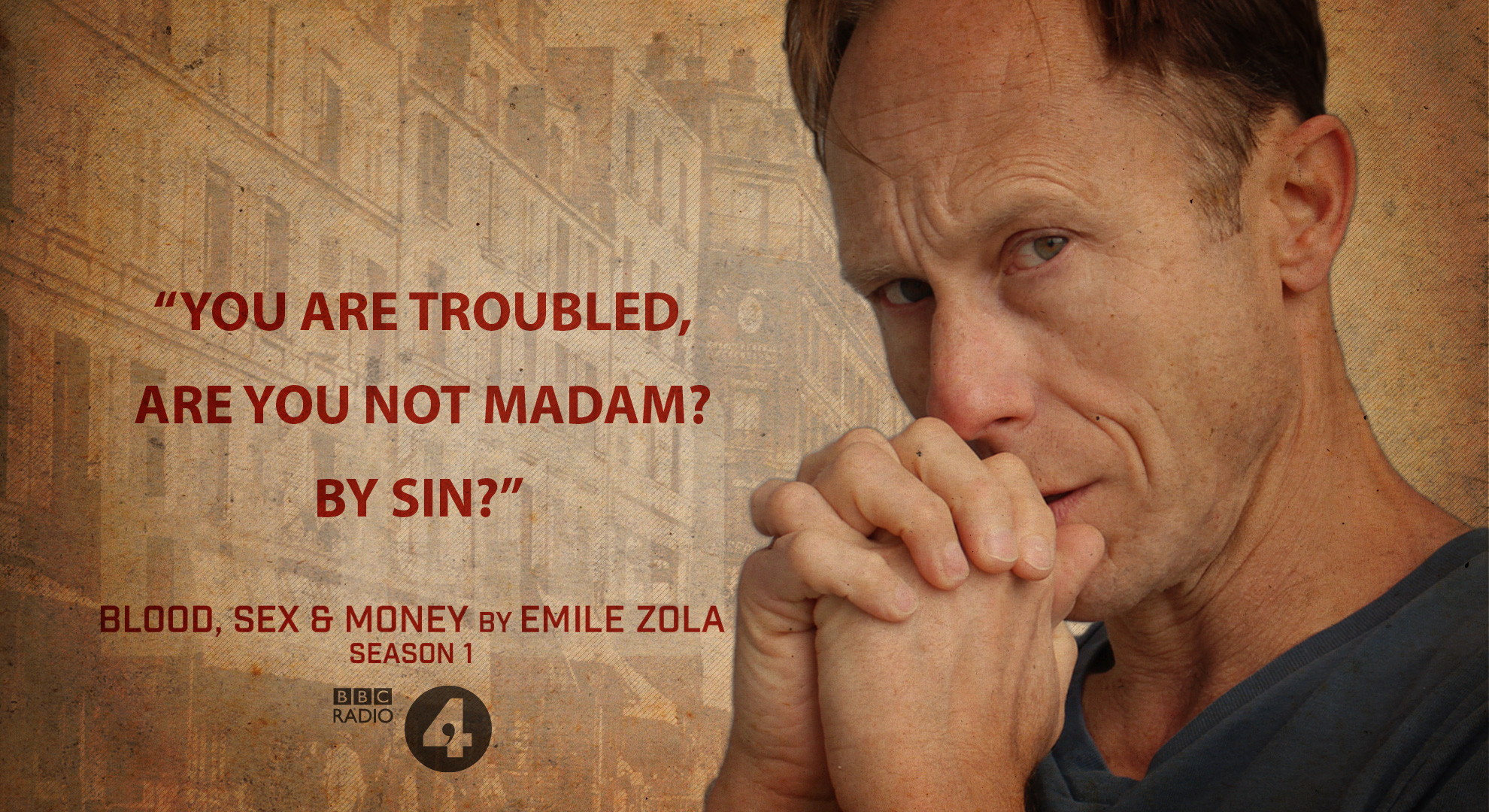
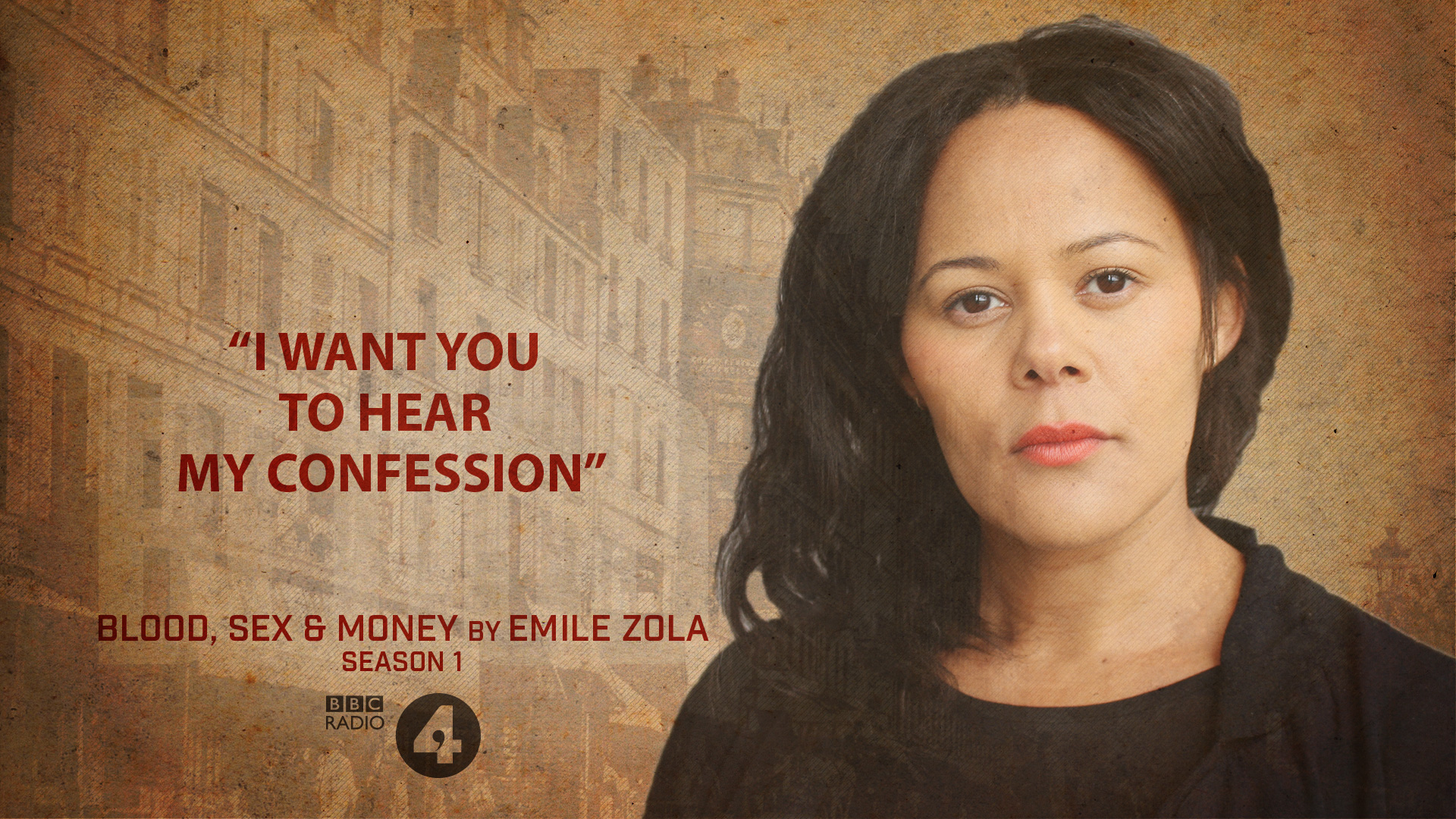
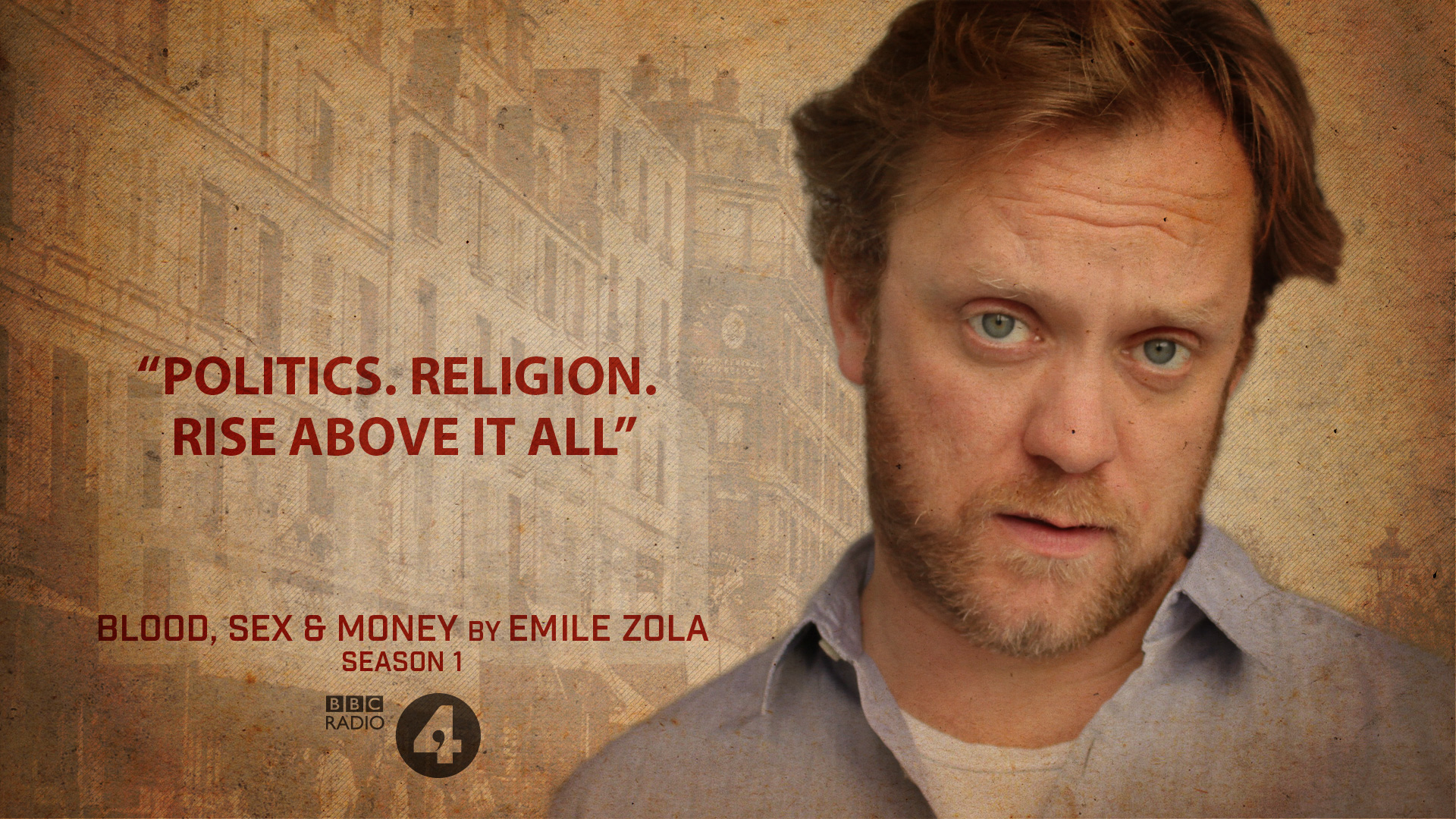


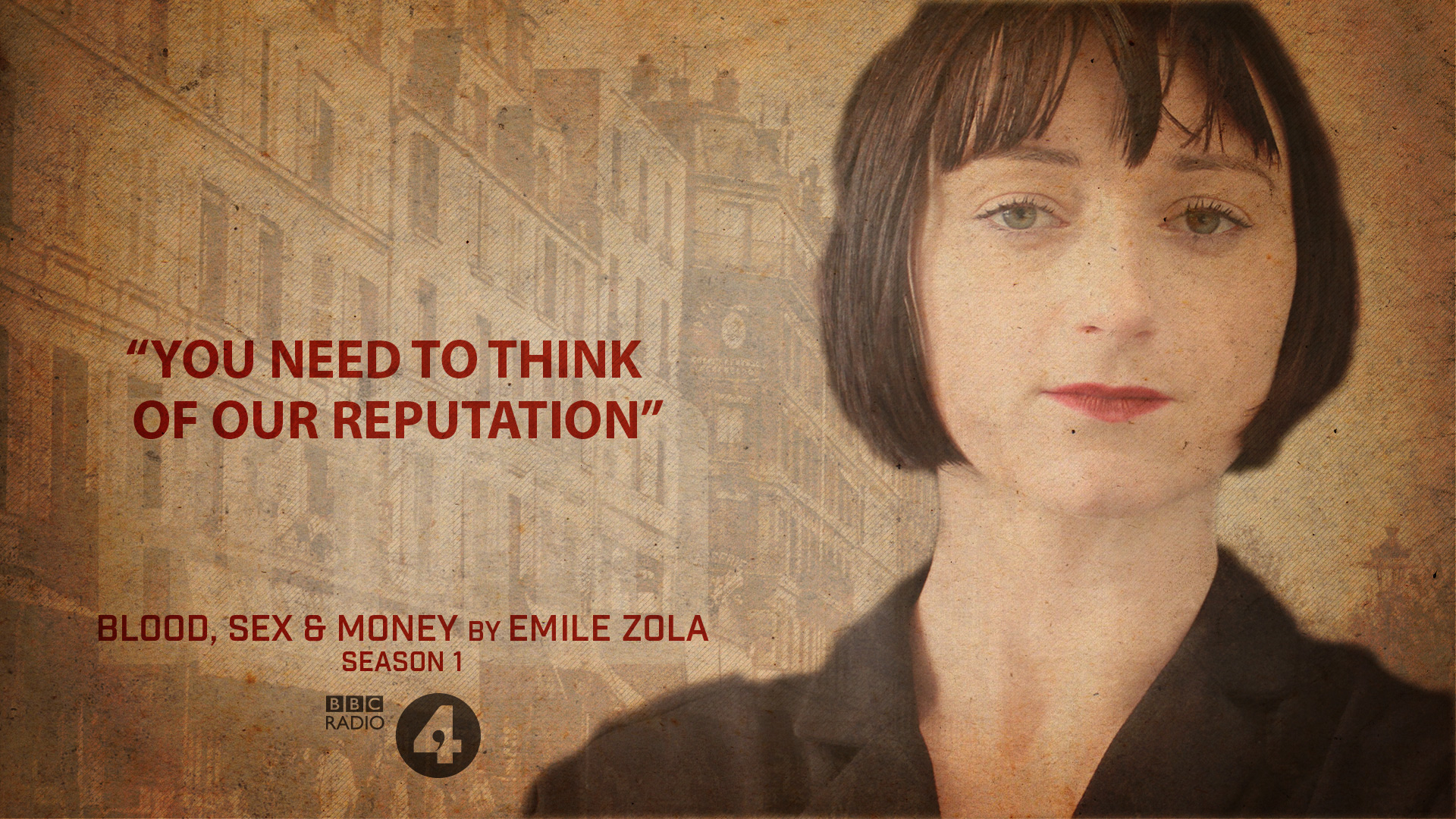

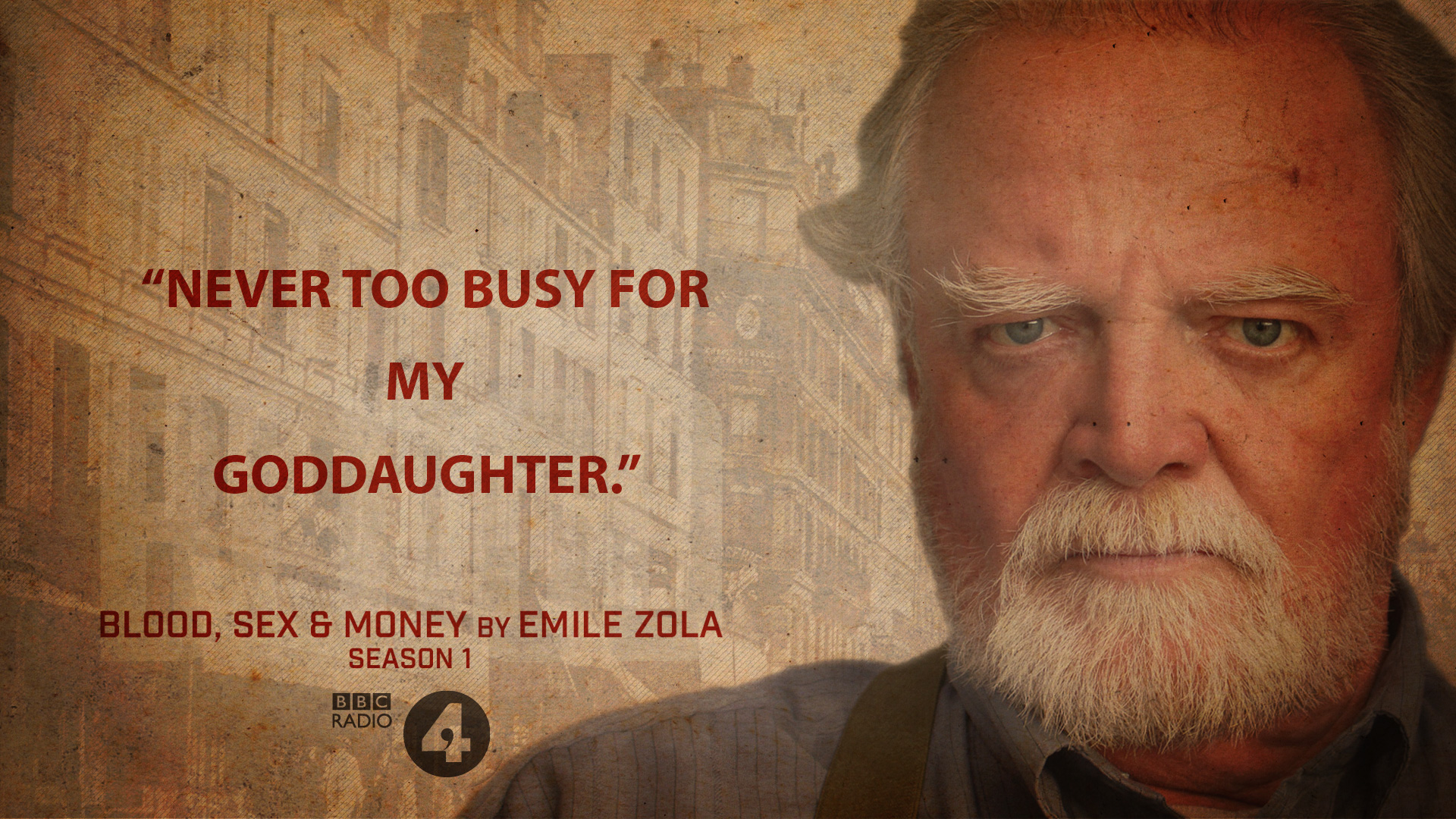
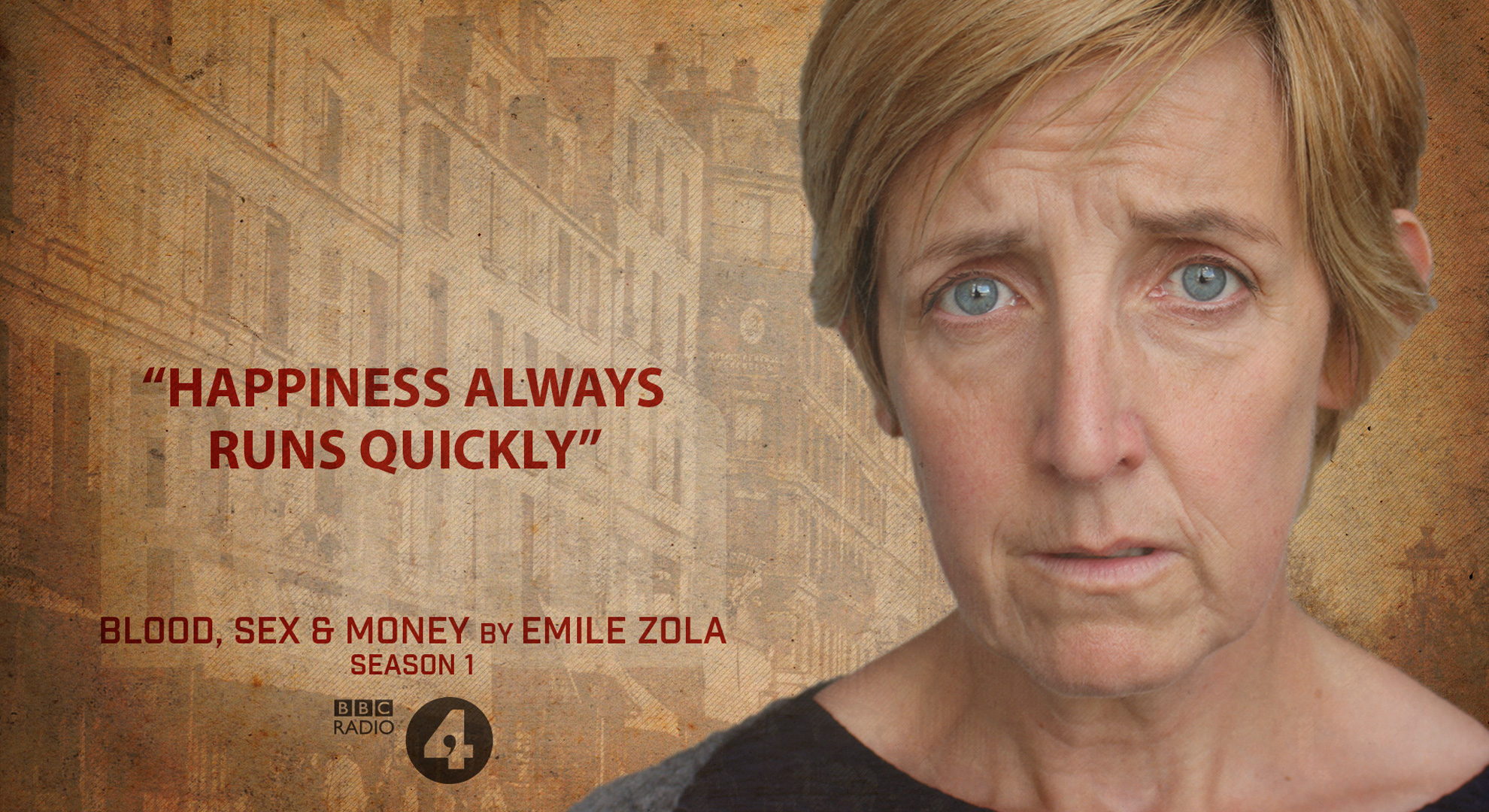

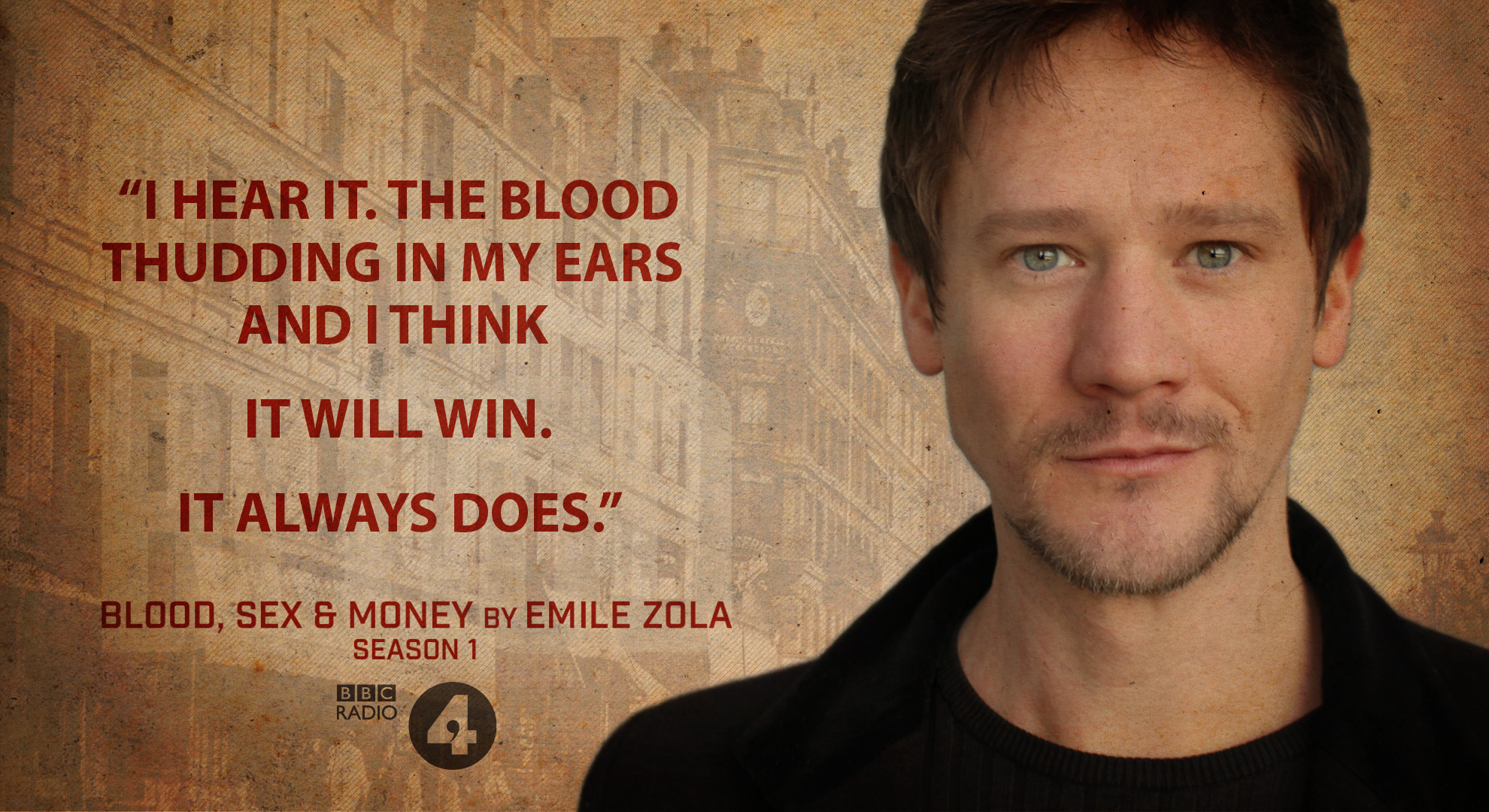
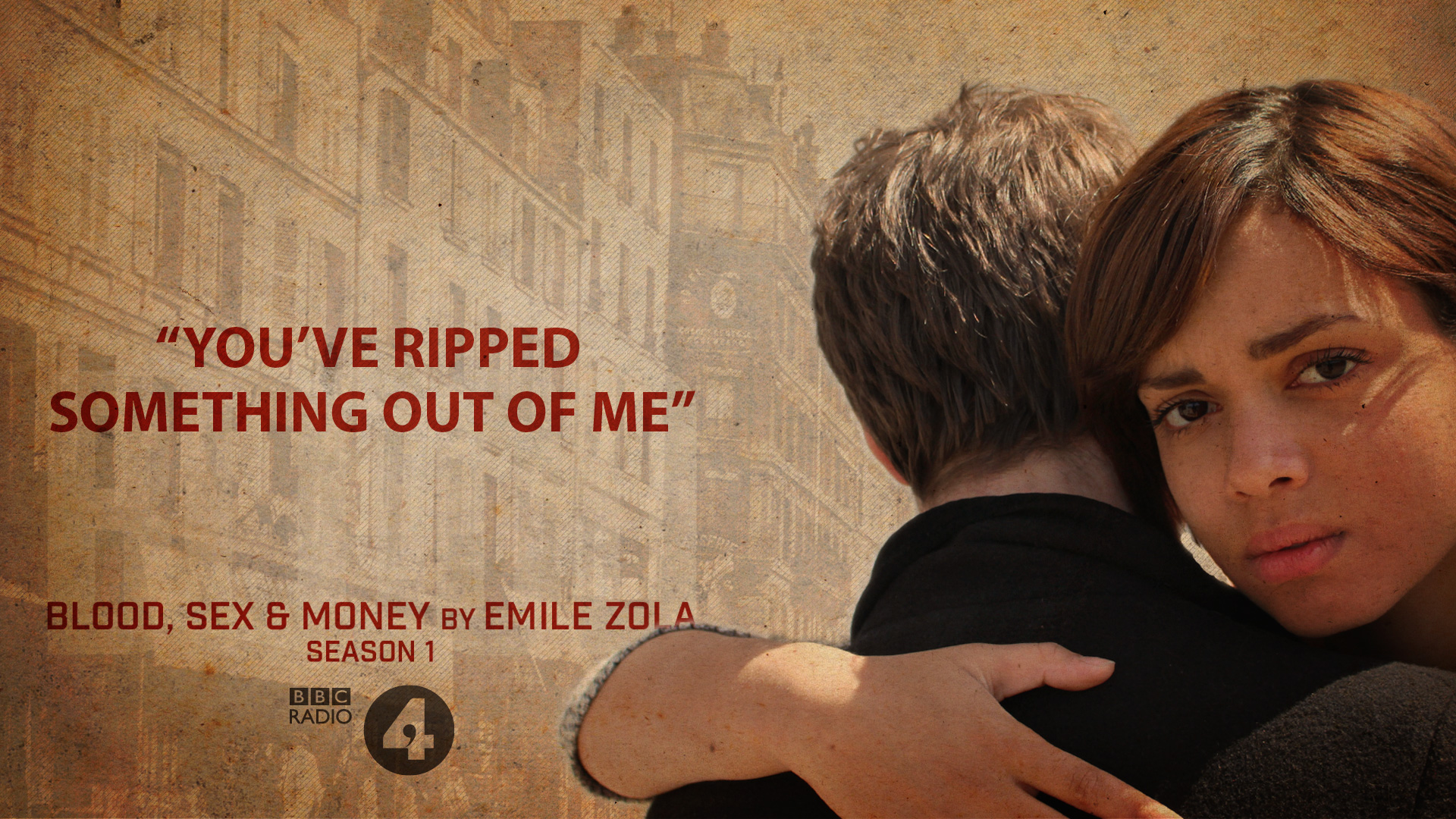
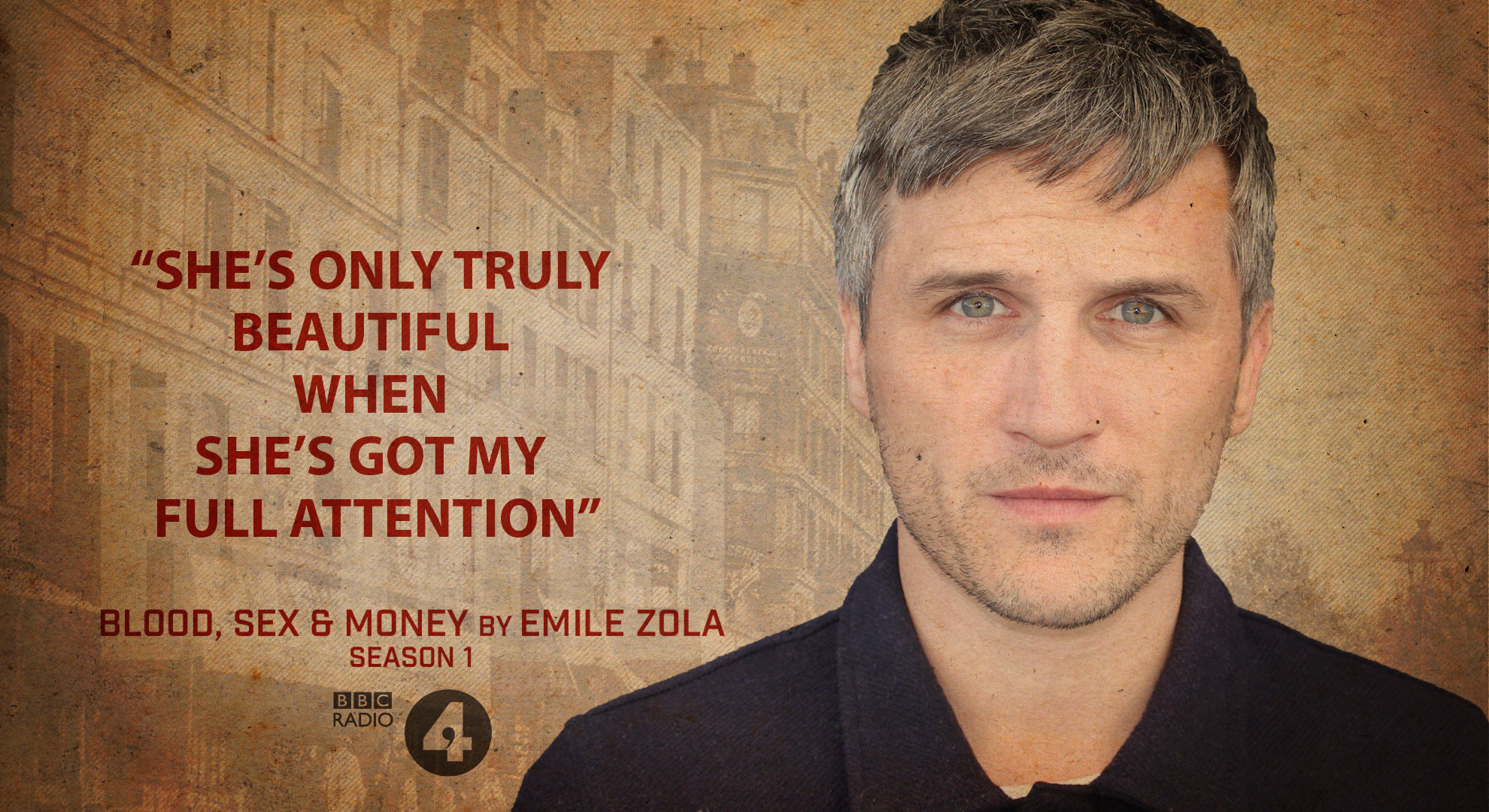
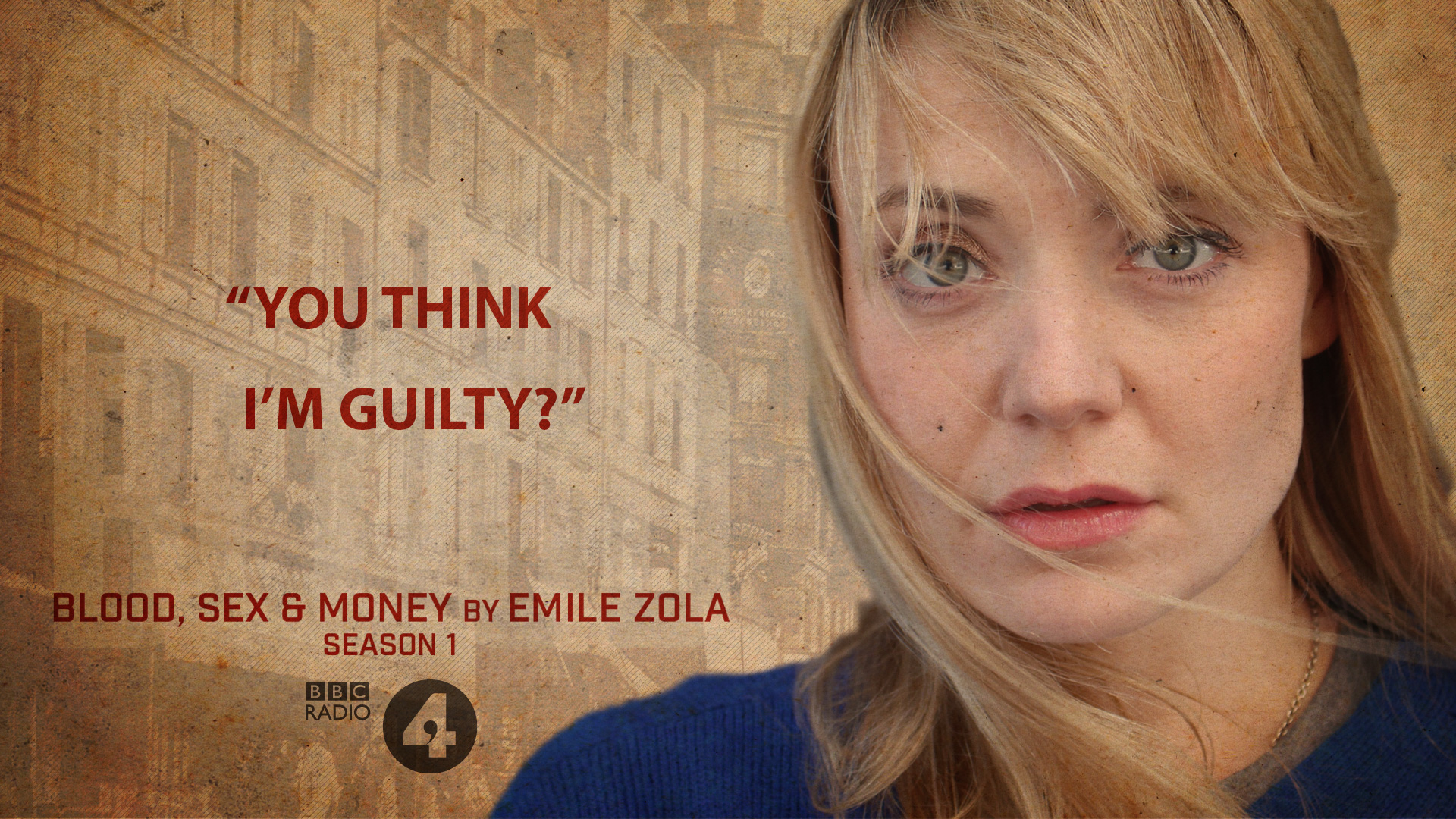















![photo[1].jpg](https://images.squarespace-cdn.com/content/v1/513c543ce4b0abff73bc0a82/1362919072201-PZO854G4SEB794DVOEI8/photo%5B1%5D.jpg)
